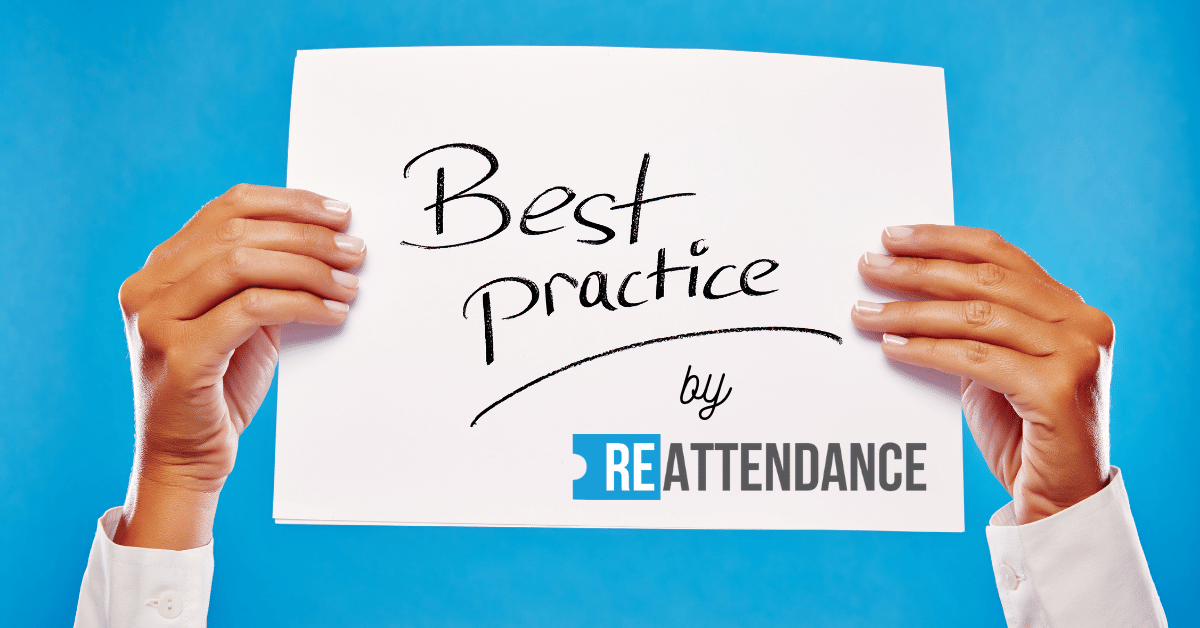
With the global rollout of vaccines, event organisers are discovering that they can finally plan their 2021 events with some level of flexibility. And with that flexibility brings a question...
Should your event be online, physical or hybrid?
What’s The Right Approach For 2021?
While we’d love to simply give you a roadmap to your perfect event in 2021, there are many facets that go into deciding how you want to host your event.
But what we can do is give you a breakdown of the strengths and weaknesses of each format, so even if you’ve never considered running an online event before, you can still learn why it might still be a great idea to explore the format further.
Let’s take a look at a few below to give you the basics:
Physical Events
There’s no doubt that face-to-face contact events have always been popular and will have been sorely missed this year. However, while these are often the simplest events to run, the question remains that just because people are being told they can start socially mixing, old habits created over the past year might take time to go away.

This is one of they key factors that event organisers eager to return to physical events have to bear in mind. As much as we want to get back to normal, we have to accept that a year of lockdowns has changed things. Something has to change when society has gone through such a drastic shift.
People being cautious about returning to large groups is only the tip of the iceberg. Being forced to stay home has made many embrace new technologies and made them a part of their day to day.
Many who would never bother with a Zoom call have no spend tens of hours connecting with their loved ones over Zoom.
This is all to say that the public are more open to digital formats than ever before, so make sure you explore all your options before believing that a physical event is the only and best way to proceed right out the gate.
Online Events
While face-to-face meet ups are very popular, when it comes to the economics of running an event, online events have proven their worth in 2020. Reduced costs, higher attendance and increased profits have been a running theme with online events throughout the last year.
It was fair for many to assume online events would do well simply because of the lack of alternatives, but now anyone who denies that online events are a powerful new format by themselves is greatly underestimating their potential.

The primary obstacle that has always held online events back was a lack of understanding by event organisers of how to actually organise a good online event, as well as a fear that the general public wouldn’t be interested in online only events. While there is a long history of online events since it became viable to stream events over home broadband, the recent lockdowns have made it very clear that the public are hungry for cheaper and more convenient events.
If event organisers go along with these new demands they will find an event type which truly allows them to cut costs in almost every area of their event and pass those savings onto their audience. It really is a win-win solution for everyone involved and gives you the ability to expand your brand without taking the risk of booking a venue across borders.
Hybrid Events
You’ve no doubt heard of a hybrid event, but if you haven’t, then the clue is in the name. As a blend of online and physical events they combine all the pros of each. While your venue costs remain the same, you can greatly increase your profits and attendance through your online venue. Additionally, it removes the fear of social mixing in the short term as people readjust.

However, hybrid events also bring the extra complications of effectively running a second online event.
We can say without a doubt that a hybrid event is the best of both worlds, allowing you to both provide your audience with that personal face-to-face touch that we all love about physical events, while giving you the marketing boost from not being limited by distance or venue audience limits.
But the caveat is that hybrid events take alot more coordination than either, with both your venue and technical team requiring additional requirements to make sure that everyone at your hybrid event has a great experience, without sacrificing production value or your customer’s experience wherever they’re tuning in from.
Physical, Online or Hybrid For 2021?
And so we return to that original question that we posed. What event should you be focusing on in 2021.
And the answer is…Well…It depends on your event and want you want to achieve.
There is no simple answer that online, hybrid or physical events are better. Each of them has pros and cons that they bring to the table and we’ve seen online and hybrid events dwarf physical alternatives in terms of popularity and vice versa.
It all depends on your audience and what your goals are in terms of both the experience you want to cultivate, as well as your long term business plans when it comes to your growth and brand expansion.
But what is for certain is that the world has changed and it continues to change. Online events are here to stay and that’s a fact of life. Customers value different things from their events and lockdown has opened up a whole new audience to a new more digital way of enjoying their events.
If you’re interested in exploring the world of online and hybrid events, then the ReAttendance team is always here to consult on your event. We can walk you through how the process of online event planning works before you even take one step onto our platform.
Be sure to get in touch with our team below and decide your perfect event for 2021, because we’re excited to get going.






